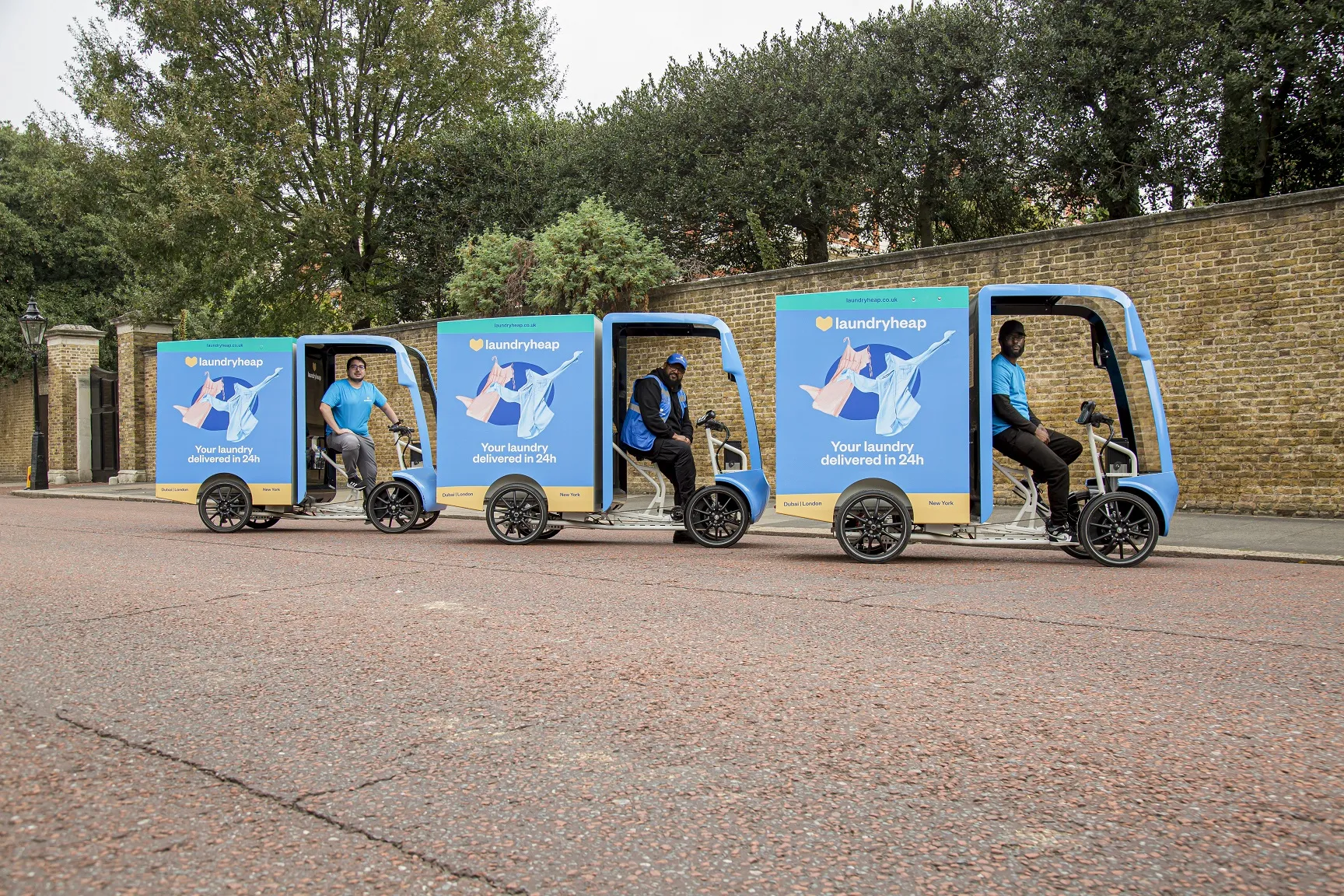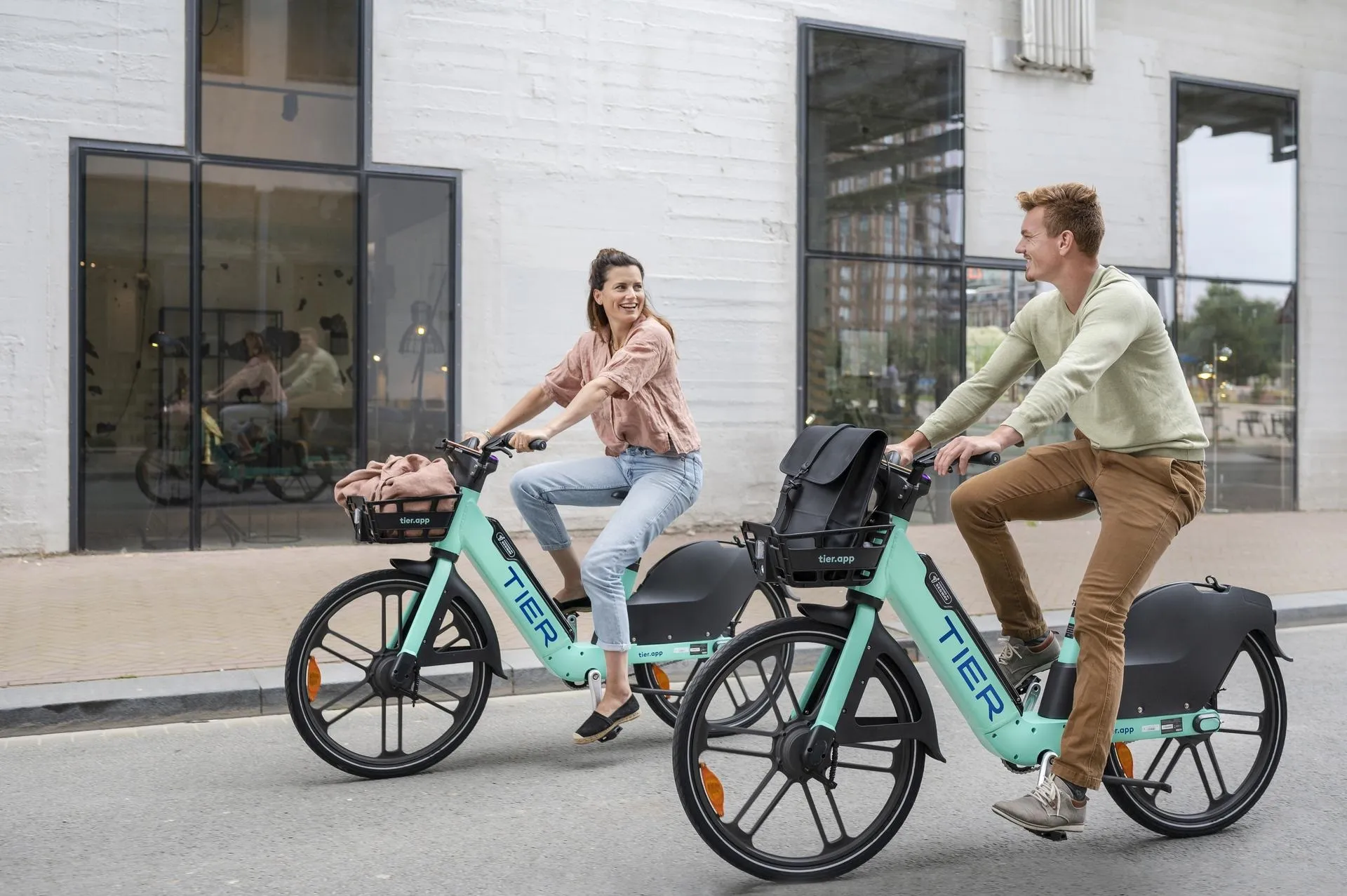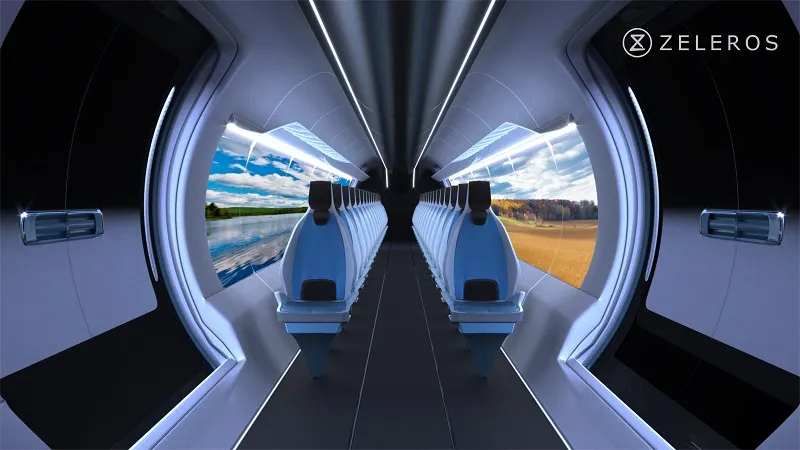
On-demand laundry and dry cleaning service provider Laundryheap aims to accelerate its cargo bike fleet expansion across the UK and Europe through partnering with 'Bike as a Service' specialist Delivery Mates.
Laundryheap says it has proved replacing a delivery van with two cargo bikes can reduce CO2 emissions by 34 tonnes per annum - the equivalent of a small petrol car running 5,500 miles, the firm says.
Delivery Mates will provide services for its bike fleet including maintenance, servicing and repairs, fleet management, telematics storage and insurance.
Laundryheap plans to launch cargo bikes in Manchester and Birmingham before the end of 2023, and says Delivery Mates' involvement means anticipated repair times for bikes will be cut from two weeks to 24 hours.
Jon Mahood, Finance Director of Laundryheap, calls the 'Bike as a Service' offering "outstanding" and says Delivery Mates has "extensive experience with electric cargo bikes".
Ercilio Oliveria, CEO and founder of Delivery Mates, says both companies have "very similar expansion and environmental goals".
Laundryheap plans to use Delivery Mates' existing cargo bike hubs to fulfil deliveries in new markets across the UK.










